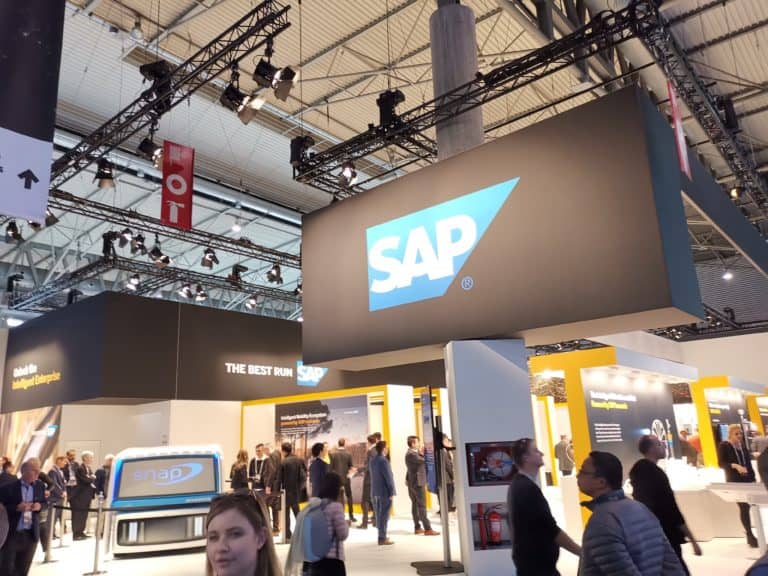Google and SAP are expanding their two-year partnership by offering the HANA Enterprise Cloud as a fully managed service on the cloud of the Internet giant. That’s what Silicon Angle reports.
The collaboration between Google and SAP became closer at the beginning of 2017, when some of SAP’s most important products became available on the Google Cloud Platform. This included HANA, which allowed companies with HANA workloads to use Google’s cloud services.
According to Google, the collaboration has been a success. “More and more customers are running mission-critical SAP applications on Google Cloud, including ATB Financial, Carrefour and the MediaMarktSaturn Retail Group. We continue to see growth with old customers, including Tory Burch and Home Depot, who now run CAR, EWM and BW in production on Google Cloud,” said Snehanshu Shah, managing director for SAP at Google Cloud.
Extension of cooperation
The two companies now want to build on that success. One of the ways they do that is by making it easier for customers to migrate their SAP applications to Google Cloud. Google now offers “market journeys” for this, based on reference architectures that define the best practices for setting up the apps on Google’s infrastructure.
The managed HANA Enterprise Cloud service, meanwhile, removes a lot of the hard work involved in daily operations. “HANA Enterprise Cloud is offered as a fully managed service on the Google Cloud Platform, providing a flexible operating model to help customers reduce operational complexity,” said Shah.
Finally, Google offers so-called C/4HANA extensions on its cloud, allowing users to customize and expand their business apps. Google also offers $1,000 in GCP credits for up to 100 C/4HANA customers to give them a “jump start,” said Shah. With this, Google hopes to get new customers who will use SAP on Google Cloud.
This news article was automatically translated from Dutch to give Techzine.eu a head start. All news articles after September 1, 2019 are written in native English and NOT translated. All our background stories are written in native English as well. For more information read our launch article.